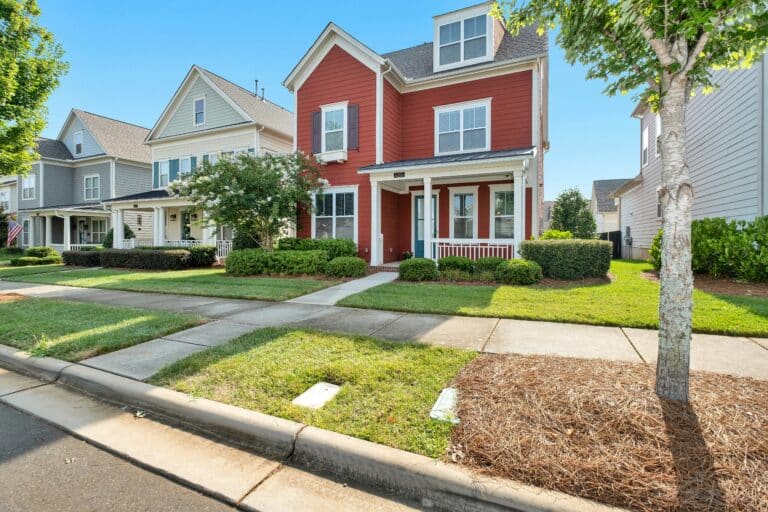Remember all that talk about falling apartment rents in Charlotte as new buildings opened their doors? Well, the results are in, and they might leave you wondering if you missed the memo on those savings. Despite a record number of new apartments hitting the market, average rents in Charlotte dropped by just $1 compared to last year.
The Numbers Don’t Lie
As of the end of Q1 2025, Charlotte renters are paying an average of $1,644 per month—practically identical to the $1,645 average from Q1 2024, according to the latest data from CoStar. This comes despite thousands of new units flooding the market, which typically would drive more competitive pricing.
Vacancy rates have remained relatively stable at around 12.8%, indicating that demand has kept pace with the influx of new apartments.
Why Aren’t Rents Falling More?
According to Chuck McShane, senior director of market analytics at CoStar, the tight for-sale housing market is a major factor keeping rental demand strong:
“People are less likely to put their homes on the market now, which I think is keeping prices rising in the for-sale market, while rents have leveled off in the for-rent markets,” McShane explains.
With Charlotte-area home prices now exceeding the national median (per Homes.com), many would-be homebuyers are staying put in their rentals, maintaining steady demand despite the new supply.
A Tale of Two Markets: Urban vs. Suburban
While overall rents have plateaued, location matters significantly:
Deals Are Out There—If You Know Where to Look
The silver lining for renters? Landlords are increasingly offering concessions to attract tenants:
These promotions effectively lower the overall cost for the lease term, even if the advertised monthly rate remains high.
Read Our North Carolina Rental Owner / Investor Frequently Asked Questions (FAQ)
Read Our South Carolina Rental Owner / Investor Frequently Asked Questions (FAQ)
What’s on the Horizon?
Looking ahead, we might finally see more substantial rent relief. Apartment construction is expected to slow significantly through the remainder of 2025 and into 2026. Developers are pulling back on new projects, citing concerns over high interest rates and economic uncertainty related to tariffs and recession fears.
As the supply of new apartments decelerates, the current inventory will have more time to be absorbed by the market. However, whether this translates to meaningful rent decreases will depend on continued demand levels in Charlotte’s ever-evolving housing landscape. To read more on this topic, visit Charlotte apartment rent is cheaper…by a dollar – Axios Charlotte.












